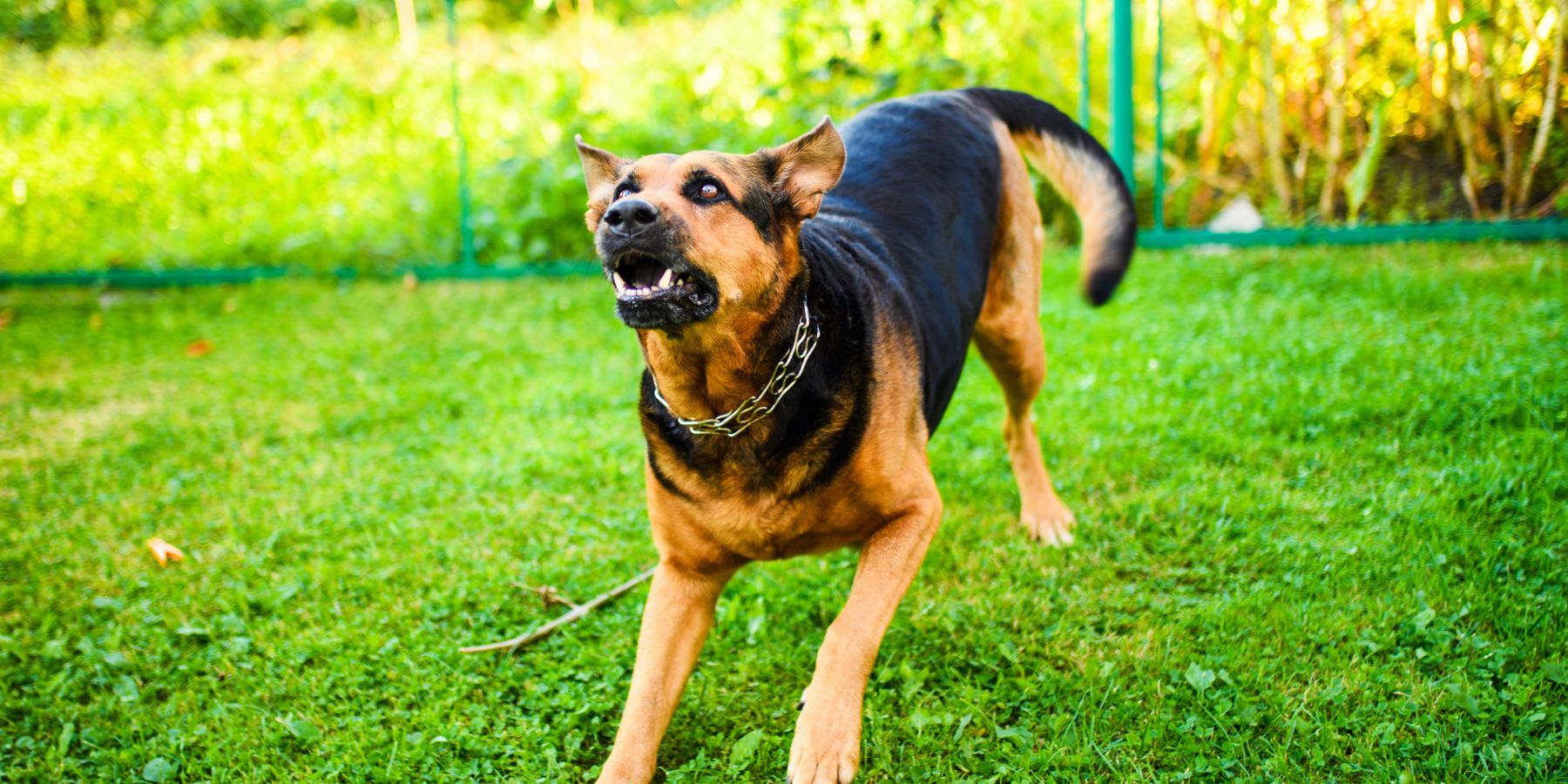Building trust is fundamental to mitigating aggression in dogs. Whether you have a new furry friend or are working to improve the behavior of an existing companion, establishing trust lays the groundwork for a positive and harmonious relationship.
1. Positive Associations:
Associate yourself with positive experiences. Offer treats, playtime, and gentle affection to create positive associations with your presence.
2. Respect Personal Space:
Allow your dog to initiate interactions. Respect their personal space and avoid overwhelming them with sudden gestures.
3. Consistent Care:
Provide consistent care, including feeding, grooming, and regular exercise. Consistency builds a sense of security and predictability.
Recognizing and Addressing Aggressive Behavior
Understanding the signs of aggression is crucial for timely intervention. Here are common aggressive behaviors and how to address them:
1. Growling and Barking:
These vocalizations may indicate discomfort or fear. Identify triggers and work on desensitizing your dog to these situations.
2. Biting or Snapping:
Seek professional guidance if your dog exhibits biting or snapping behaviors. It's essential to address the root cause with a trained behaviorist.
3. Territorial Aggression:
If your dog is territorial, gradually introduce them to new people and environments. Positive reinforcement for calm behavior can be effective.
4. Fear Aggression:
Dogs may become aggressive due to fear. Create a safe space where they can retreat, and gradually expose them to feared stimuli with positive reinforcement.
Strategies for Calming an Aggressive Dog
Here are some strategies for how to calm your aggressive dog:
1. Positive Reinforcement Training:
Implement positive reinforcement techniques to reward calm behavior. This includes treats, praise, and affection when your dog exhibits non-aggressive actions.
2. Desensitization:
Gradually expose your dog to situations that trigger aggression in a controlled and positive way. This helps them build tolerance and reduces the likelihood of aggressive reactions.
3. Create a Safe Space:
Provide a designated safe space where your dog can retreat when feeling overwhelmed. This can be a quiet corner with their bed or a crate.
4. Professional Guidance:
Consulting with a professional dog trainer or behaviorist can provide personalized strategies and insights into calming aggressive behavior.
5. Regular Exercise:
A well-exercised dog is often a calmer dog. Ensure they receive regular physical activity to help release excess energy and reduce tension.
Establishing a Trust-Building Routine
1. Consistent Training Sessions:
Regular, short training sessions enhance communication and reinforce positive behavior.
2. Positive Reinforcement:
Reward good behavior with treats, praise, or toys. Positive reinforcement encourages your dog to repeat desired actions.
3. Interactive Play:
Engage in interactive play to strengthen the bond. Use toys to redirect excess energy positively.
4. Routine Veterinary Care:
Ensure routine vet check-ups. Addressing health issues promptly prevents discomfort that may contribute to aggression.
FAQs about Establishing Trust and Mitigating Aggression in Dogs
Q1: Can all aggressive behavior be eliminated through training?
Training can significantly improve behavior, but complete elimination depends on the individual dog and the underlying causes.
Q2: How long does it take to build trust with a rescue dog?
Building trust varies, and it depends on the dog's past experiences. Patience, consistency, and positive reinforcement are key.
Q3: Is punishment effective in mitigating aggression?
No. Punishment can exacerbate fear and aggression. Positive reinforcement is more effective for behavior modification.
Q4: Should I intervene if my dog is growling during play?
Growling during play is often normal dog communication. However, consider consulting a professional trainer if it becomes intense or uncomfortable.
Q5: Can aggressive behavior be a sign of a medical issue?
Yes. Pain or discomfort can contribute to aggression. Always consult a veterinarian to rule out underlying health concerns.


